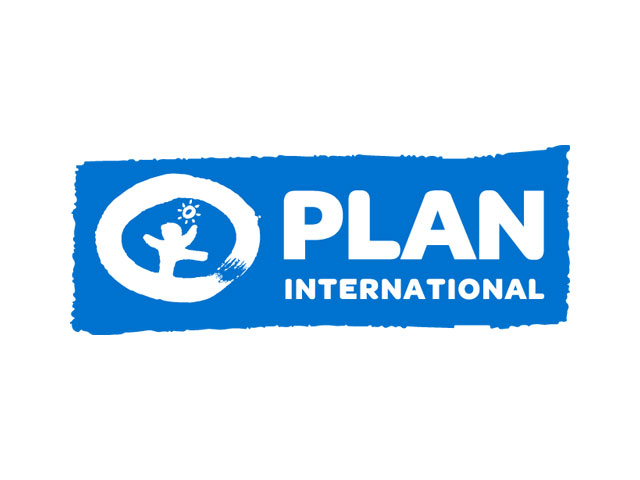Dollar to Naira Black Market (4 JULY 2023) » Voice of Nigeria
Key Points
- Dollar to Naira Exchange Rate in the Black Market – 04 JULY 2023
- The dollar to naira black market exchange rate is a constantly fluctuating value.
- The Central Bank of Nigeria does not acknowledge the black market exchange rate.
- Private firms are reducing fuel prices, potentially leading to lower nationwide costs.
Understanding Exchange Rates
What is an exchange rate, specifically the dollar to naira rate in the black market, also called the parallel market? To comprehend this, we must first explore the meaning of these terms.
The Black Market Exchange Rate
The black market exchange rate is an illegal practice where currencies are bought and sold without formal financial institution regulation. The dollar to naira rate in this context refers to the exchange rate between these two currencies within the black market.
On the 3rd of July, 2023, for example, the Lagos Parallel Market (an alternative name for the black market) saw the dollar bought for N767 and sold at N775. The Bureau De Change (BDC), a source of such information, provides these details.
However, it is crucial to note that the Central Bank of Nigeria (CBN) does not approve of the parallel market. Those who wish to partake in Forex trading are advised to approach their respective banks.
Today’s Dollar to Naira Black Market Rates
For a clearer picture, here is a brief summary of the dollar to naira rates as of today:
| Dollar to Naira (USD to NGN) | Black Market Exchange Rate Today |
|---|---|
| Buying Rate | N767 |
| Selling Rate | N775 |
Bear in mind, however, the rates at which you buy or sell forex might differ from these values, as prices tend to vary.
Fuel Prices: A Game Changer?
Moving away from exchange rates, we now shift our focus to fuel prices in Nigeria, specifically the Premium Motor Spirit, also known as petrol. Certain private depots have reportedly reduced their petrol prices.
The Secretary of the Independent Petroleum Marketers Association of Nigeria (IPMAN), Abuja-Suleja chapter, Mohammed Shuaibu, disclosed this information to The Punch, a local news outlet.
According to Shuaibu, the reduction in petrol prices might be more widespread in the coming weeks. More marketers, including independent ones, are likely to join in importing the product, which could drive prices down further.
Shuaibu confirmed that some private depot owners were already selling petrol at prices lower than those set by the NNPCL, the Nigerian National Petroleum Corporation Limited.
He also stated that IPMAN was prepared to compete with the NNPCL and major marketers to push down petrol prices throughout the country.
Concluding Thoughts
In the world of finance and economics, the dollar to naira black market exchange rate is an ever-changing figure. While it offers opportunities for lucrative trading, the CBN does not support this method, advising individuals to engage with legitimate banks instead.
On another note, the recent reduction in petrol prices by some private firms might serve as a catalyst for a nationwide reduction in fuel costs. This could potentially make petrol more affordable for the average Nigerian citizen, easing their daily financial burdens.
These two facets highlight the dynamic and interconnected nature of economic activities in Nigeria. As the situation evolves, keeping an eye on these fluctuations is vital for individuals and businesses alike to stay ahead of the curve and make informed decisions





